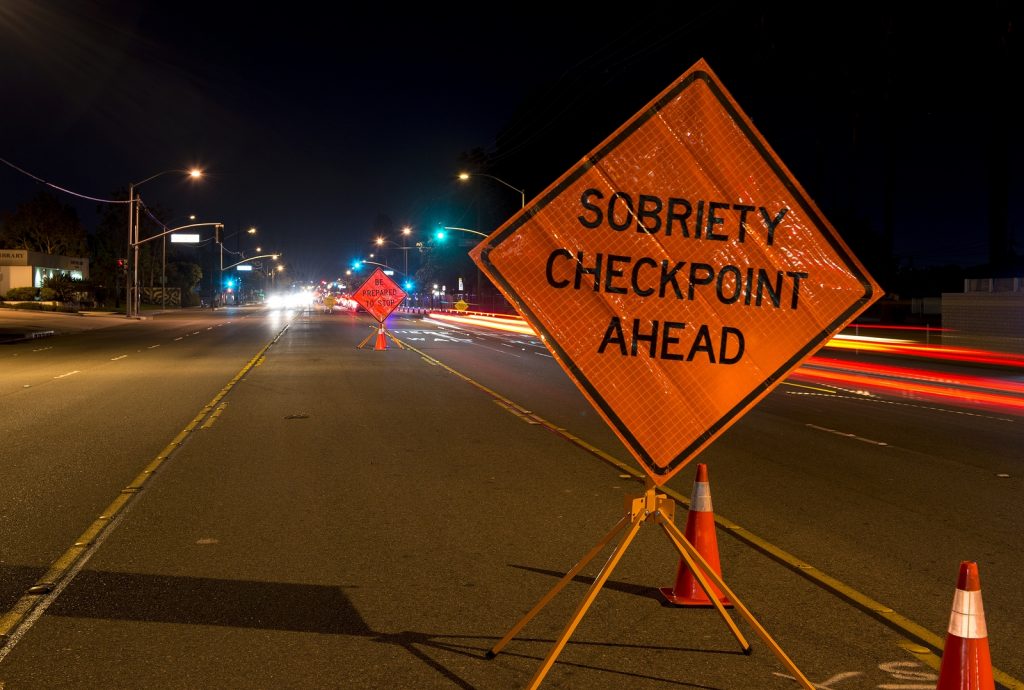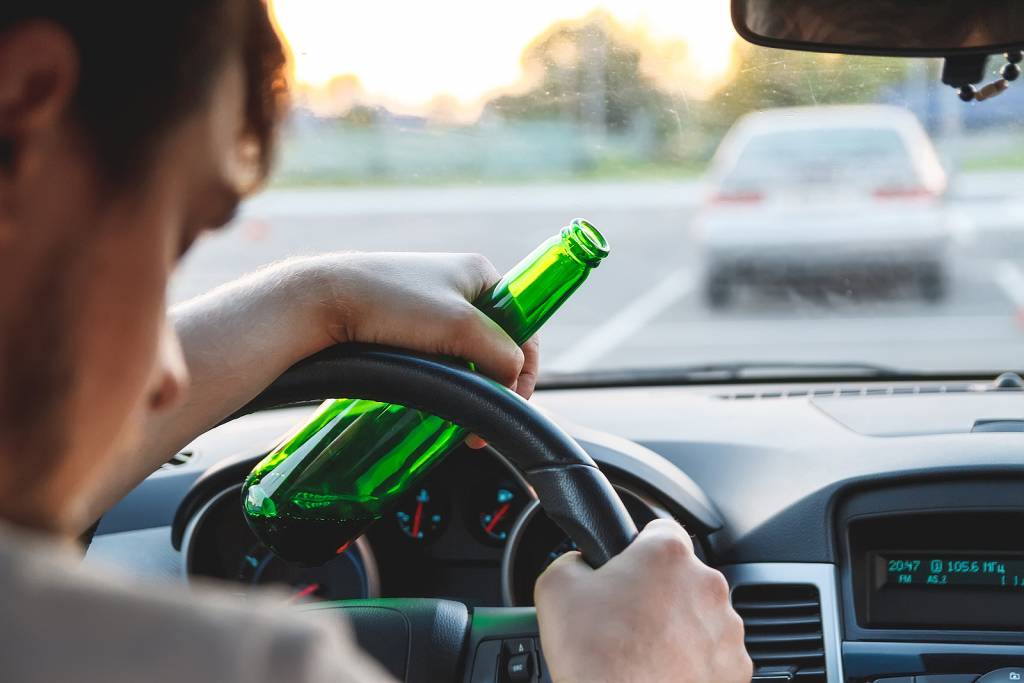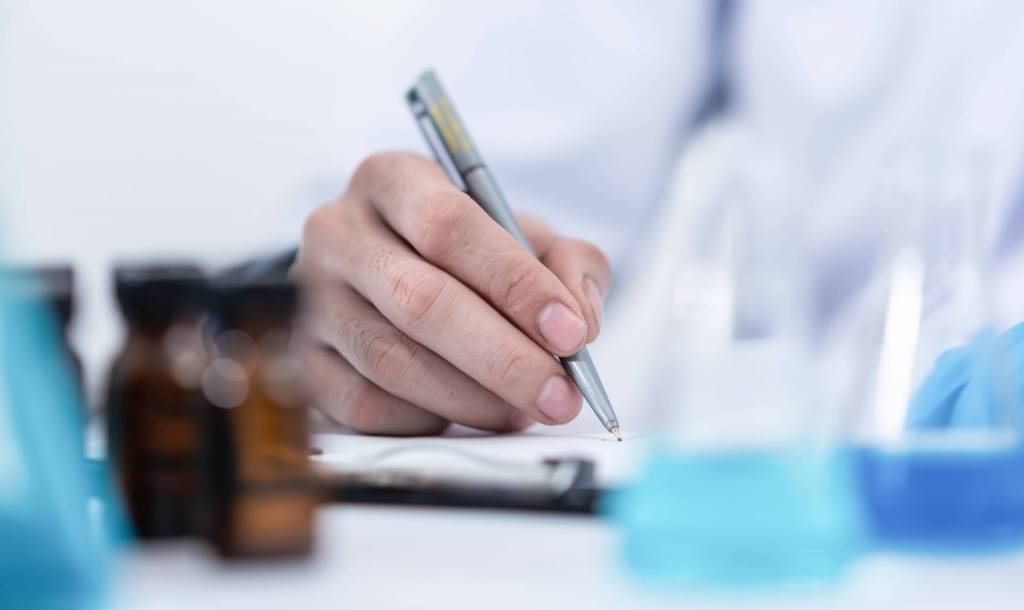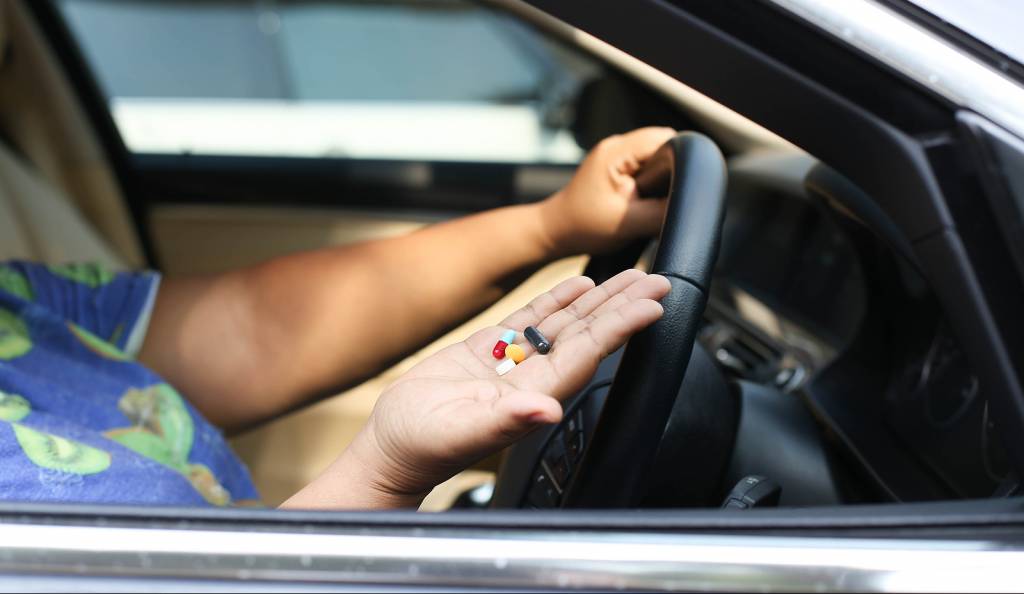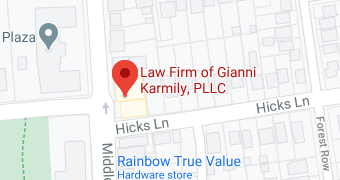If you’re arrested and charged with DWI – driving while intoxicated – on Long Island or in New York City, it’s critical to contact a Nassau County DWI attorney at once and put your case in that attorney’s hands.
In 2019, more than 28,000 adults in New York were charged with misdemeanor DWI, and more than 5,000 adults faced a DWI felony charge. Driving while intoxicated enforcement is strict and aggressive in New York, and the courts show little leniency to convicted DWI offenders.
New York’s law enforcement officers typically use portable, handheld breathalyzer devices when determining if a motorist should be arrested for DWI. A more sophisticated breathalyzer device can be used after a DWI arrest has been made.
Don’t Breathalyzers Provide Accurate Results?
Any New York driver could be detained by a law enforcement officer and arrested for driving while intoxicated. Prosecutors use breathalyzer tests to prove DWI charges and win convictions. But do breathalyzer devices provide results that are accurate enough to ensure DWI convictions?
In many instances, breathalyzer test results are not reliable. If you’ll continue reading, you will learn why breathalyzers often provide inaccurate measurements of a driver’s blood alcohol content (BAC) level.
You will also learn what steps you should take if you’re accused of DWI in New York and why you must be advised and represented by the right Long Island DWI attorney.
What Do Breathalyzers Measure?
Breathalyzer devices supposedly measure the percentage or quantity of alcohol in someone’s breath. Alcohol enters the bloodstream without changing chemically, so when blood circulates through the lungs, a percentage of the alcohol transfers to the breath.
Breathalyzers supposedly detect and measure those alcohol molecules. By measuring the alcohol level in someone’s breath, a breathalyzer is then supposed to determine the level of alcohol in someone’s bloodstream.
What Makes DWI Test Results Wrong So Frequently?
Breathalyzer tests, however, can be inaccurate for a number of reasons, including but not limited to these:
- Substances that are chemically similar to alcohol – ketones – are sometimes interpreted as alcohol by breathalyzer devices. Ketones are natural by-products of digestion found in medicines, foods, beverages, toothpastes, breath fresheners, and mouthwashes.
- Breathalyzers often malfunction. They must be maintained and calibrated frequently to avoid false readings.
- Even when functioning properly, breathalyzer devices are subject to RFI (radio frequency interference). RFI is likely whenever police officers – or others in the vicinity – are using two-way radios.
- Conducting a breathalyzer exam immediately after someone was drinking can yield an incorrect high result because there may be alcohol residue in a suspect’s throat and mouth. Officers are trained to wait twenty minutes until conducting a breathalyzer test.
- The medical conditions that can distort a breathalyzer test result include gastrointestinal reflux disease, heartburn, and acid reflux. These may generate acid in the esophagus, mouth, or stomach, which increases the BAC level to cause inaccurate readings.
Are You Required to Take a Breathalyzer Test?
In New York City or on Long Island, if you’re taken into police custody and charged with driving while intoxicated on the basis of a breathalyzer exam result, take your case without delay to a Nassau County DWI lawyer.
Does the law require you to submit to a breathalyzer test if the police ask you to? If you are suspected of driving while intoxicated, what are your legal rights? What are your options?
What Does “Implied Consent” Mean?
If a law enforcement officer has probable cause for believing that a driver is intoxicated, this state’s “implied consent” statute requires that motorist to take a breath, blood, urine, or saliva test if the police request it.
Implied consent is what every driver agrees to when driving in this state. By driving, you are consenting to a DWI test if it’s requested. If you decline the test after a DWI arrest, whether or not you’re convicted of the DWI charge, you face a one-year license revocation and a $500 fine.
A first-offense misdemeanor DWI conviction in New York is punishable with up to a year in jail, a fine of up to $1,000, and a six-month driver’s license revocation. In some cases, a good DWI lawyer may be able to have a DWI charge reduced.
However, if the state’s case against you is conclusive and the evidence against you is overwhelming, your lawyer will negotiate for alternative or reduced sentencing. A good DWI attorney will bring your case to its best possible outcome.
What If You Have Not Been Arrested?
DWI tests are typically conducted after driving while intoxicated arrests, but New York additionally requires motorists to submit to breathalyzer exams even before an arrest takes place – if a law enforcement officer asks.
If a police officer has probable cause to believe that you’re driving while intoxicated, the officer can ask you to exhale into a handheld portable breathalyzer. A refusal to comply with this request – prior to any arrest taking place – is deemed an infraction by state law.
Whether you blow into a portable breathalyzer or decline to cooperate, if a police officer thinks that you’re too impaired to drive safely, you’ll be placed under arrest. If that happens, you must reach out to a Nassau County DWI attorney immediately.
What’s the Sure Way to Avoid DWI Trouble?
A good DWI lawyer will investigate every facet of the case. Breathalyzer tests must be conducted according to strict testing protocols and procedures. If any protocols or procedures were violated, it casts doubt on the results.
Obviously, and for a variety of good reasons, no one wants to be convicted of DWI. You probably already know that there is one certain way to keep from being charged with DWI. It’s advice you’ve heard before, and it can’t be stressed strongly enough: Don’t Drink and Drive.
A ride for hire isn’t cheap, but it costs a great deal less than a ride to the local jail, the ER, or the local morgue. Taxis, limos, and services like Uber and Lyft are available in New York City and on Long Island twenty-four hours a day, every day of the year.
Even getting a room or snoozing on a friend’s sofa is better than a DWI charge. Don’t let a DWI conviction rob you of your freedom or your future. Instead, if you’ve been charged with DWI, contact a DWI lawyer who will fight aggressively for justice on your behalf.







